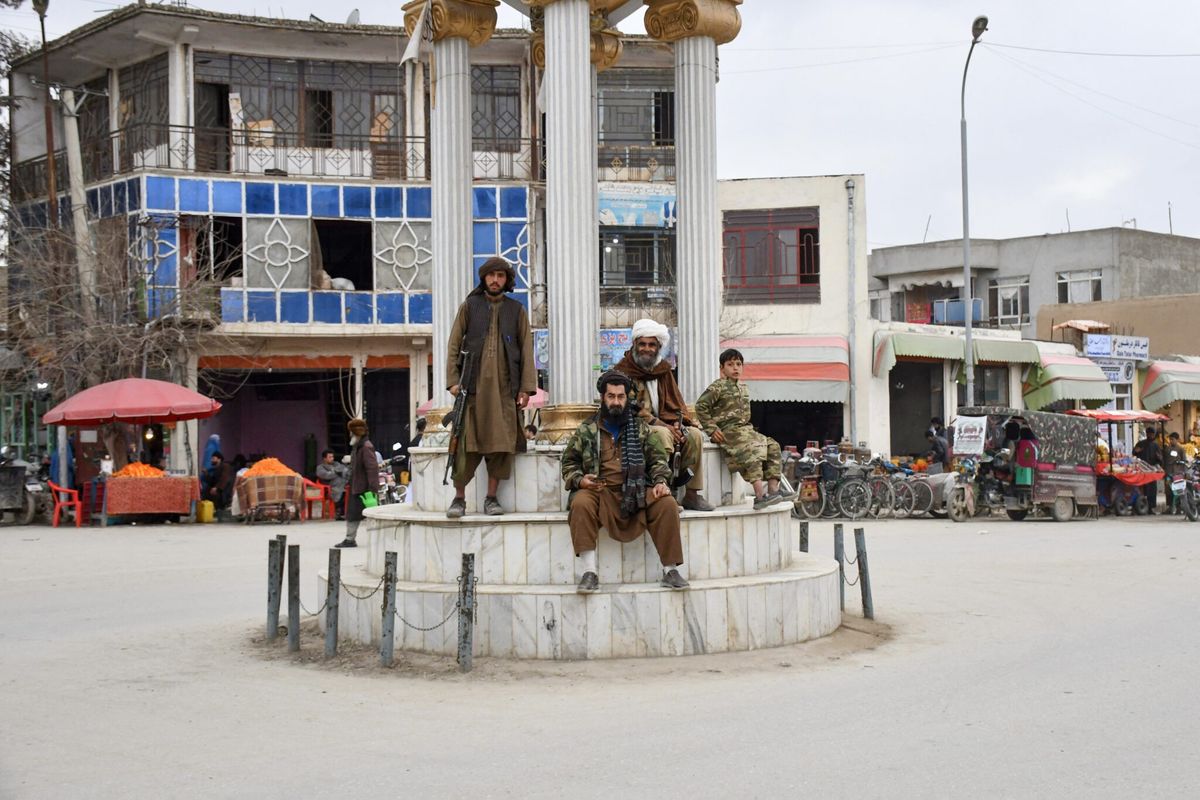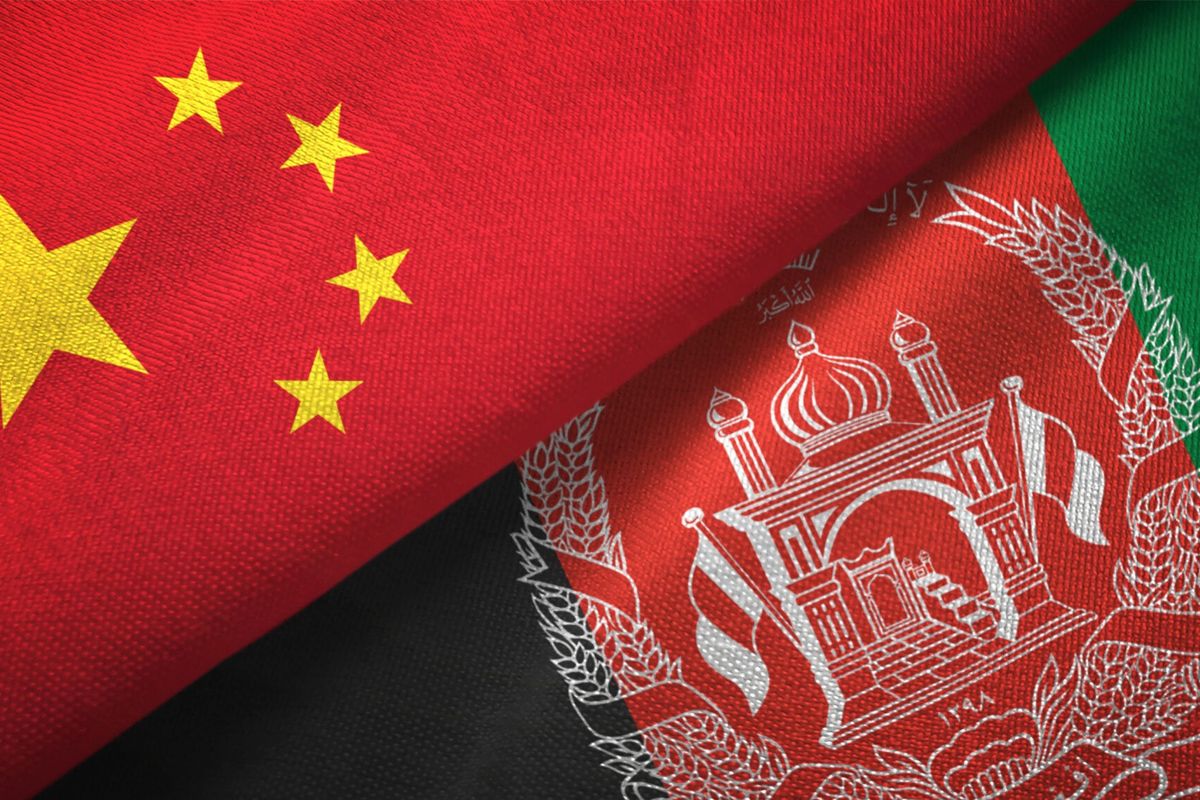One week after announcing the start of its annual “spring offensive” – dubbed “Operation Omari” after the late Taliban leader Mullah Mohammad Omar – the Taliban carried out a suicide attack in the Afghan capital city of Kabul, leaving at least 28 dead and more than 300 injured. This attack demonstrates the Taliban’s ability to execute operations in Afghanistan fifteen years after the U.S. first deployed troops to the country.
From a military standpoint, the attack in Kabul is seen more as a symbolic act than a Taliban battlefield victory. “An attack like this is really intended to send a broader public message, both to Afghan audiences – that is to demonstrate not only that the Taliban are still there but that they can attack anywhere in the country that they choose, even some of the most sensitive sites in Kabul,” explains Cipher Brief expert Daniel Markey.
However, while Kabul remains in the hands of Afghan security forces, the Taliban has advanced in Afghanistan’s southern Helmand province as well as in other areas in northern Afghanistan and along the Afghan-Pakistan border. The Taliban has seized upon the drawdown of U.S. and NATO forces in Afghanistan to reemerge from the shadows and pose a significant threat to Afghanistan’s security. "The Taliban, in response, have been scaling up their operations, inflicting unprecedentedly heavy casualties on Afghan government forces, and gaining increased control over much of the countryside," explains Ambassador James Dobbins, former Special Representative for Afghanistan and Pakistan.
Critics of the Obama Administration’s policy in Afghanistan have questioned the overall U.S. combat strategy in the war-torn nation in general, and the constraints on using U.S. air power to target Taliban positions in Afghanistan in particular. “One reason why the Taliban has been able to demonstrate so much strength is that we’ve restricted the use of American air power. We will no longer bomb the Taliban in Afghanistan. We’ll only attack their armed forces if we are directly engaged in a battle,” says Ronald Neumann, former U.S. Ambassador to Afghanistan.
The combination of these factors has essentially led to “a back-and-forth strategic stalemate between the Afghan Taliban and the government forces,” says Jeff Eggers, a Cipher Brief expert and former Special Assistant to the President for National Security Affairs.
In February, representatives from Afghanistan, Pakistan, China, and the United States met in Kabul to discuss the prospects for peace negotiations between the Afghan government and the Taliban. The Taliban rejected these overtures, stating that “unless the occupation of Afghanistan is ended, blacklists eliminated and innocent prisoners freed, such futile misleading negotiations will not bear any results.”
As the U.S. continues to diminish its military role in Afghanistan and prospects for peace appear dismal, the Taliban’s rising level of confidence has been put on full display. “This is going to be a headache, certainly for the rest of the Obama administration but almost undoubtedly well into the next administration—something they need to be planning for,” says Markey.
And yesterday’s attack adds another tragedy to a conflict that has spanned decades. “More than anything, this bombing was a stark reminder to the world that the conflict in Afghanistan is far from over, and the tragedy again highlights the need for a political process to begin the difficult process of resolving the decades of persistent conflict in Afghanistan,” Eggers explains.
Bennett Seftel is the Deputy Director of Editorial at The Cipher Brief.












